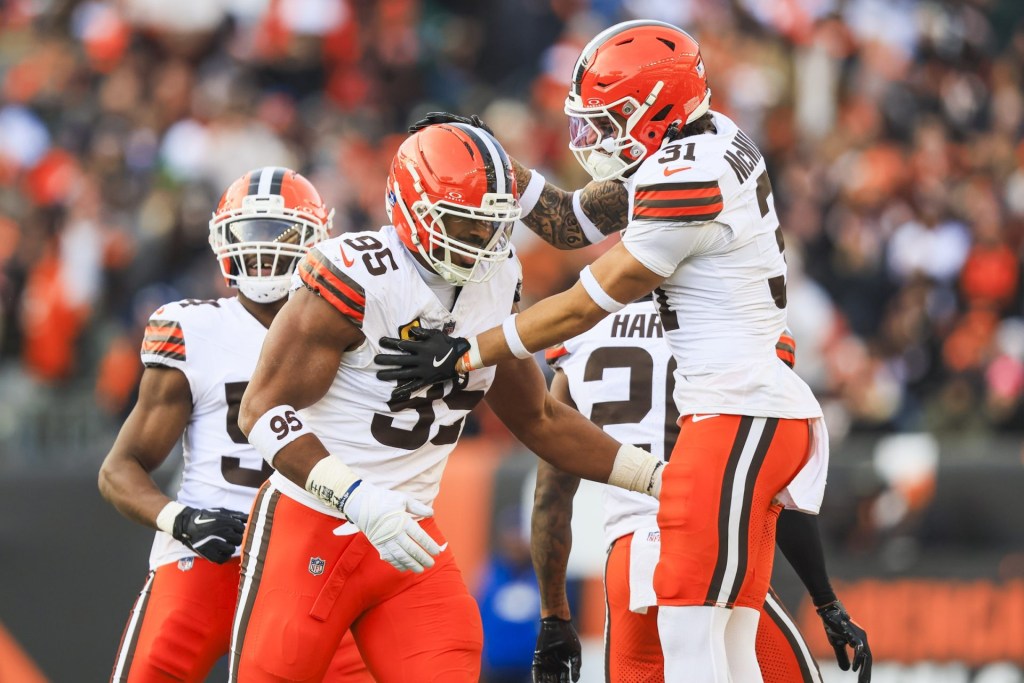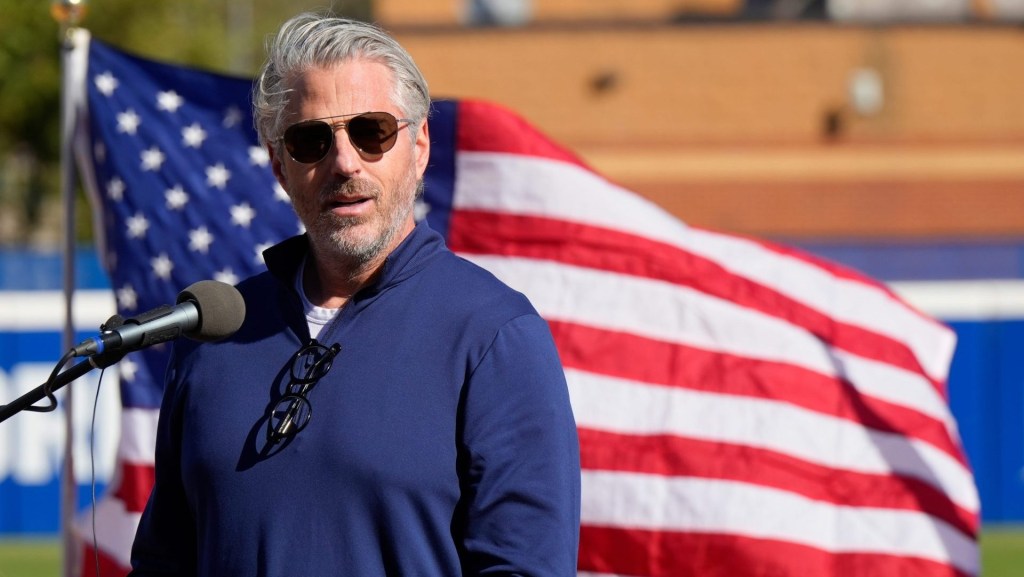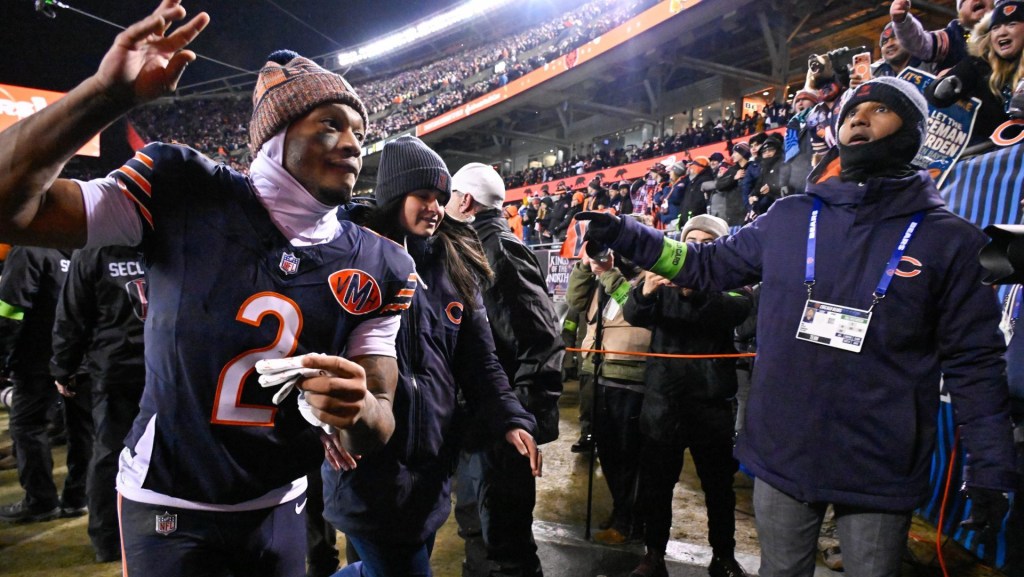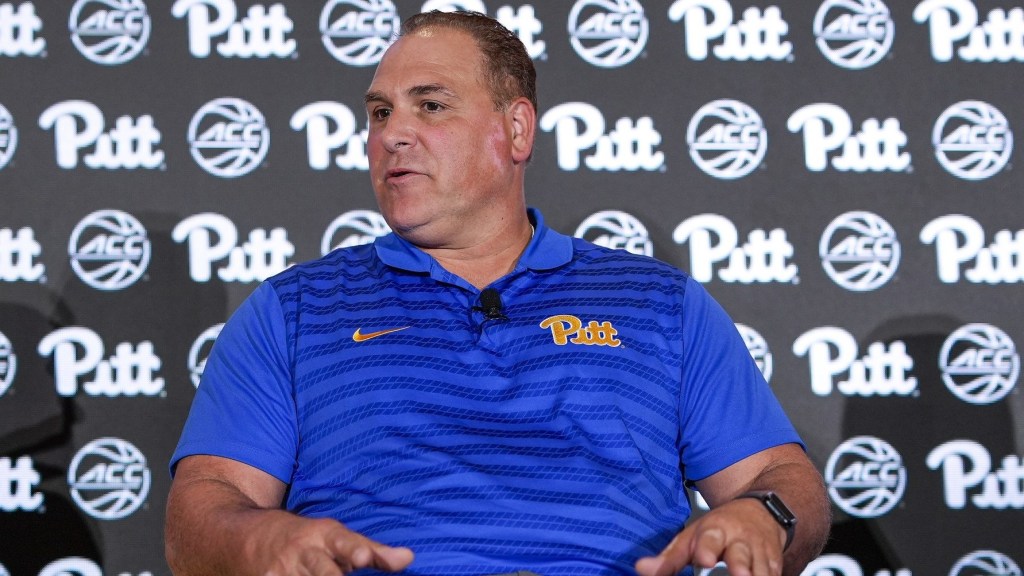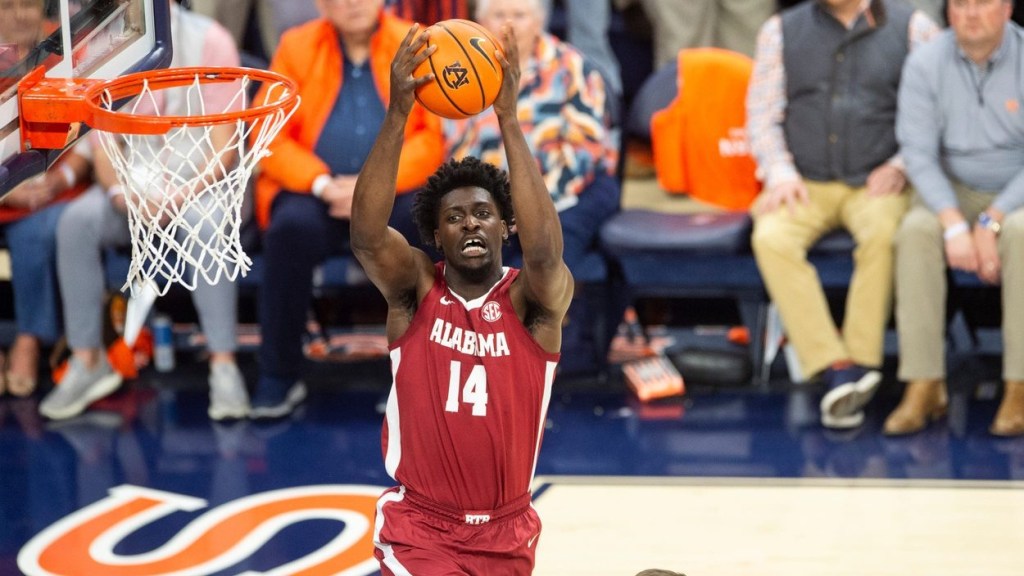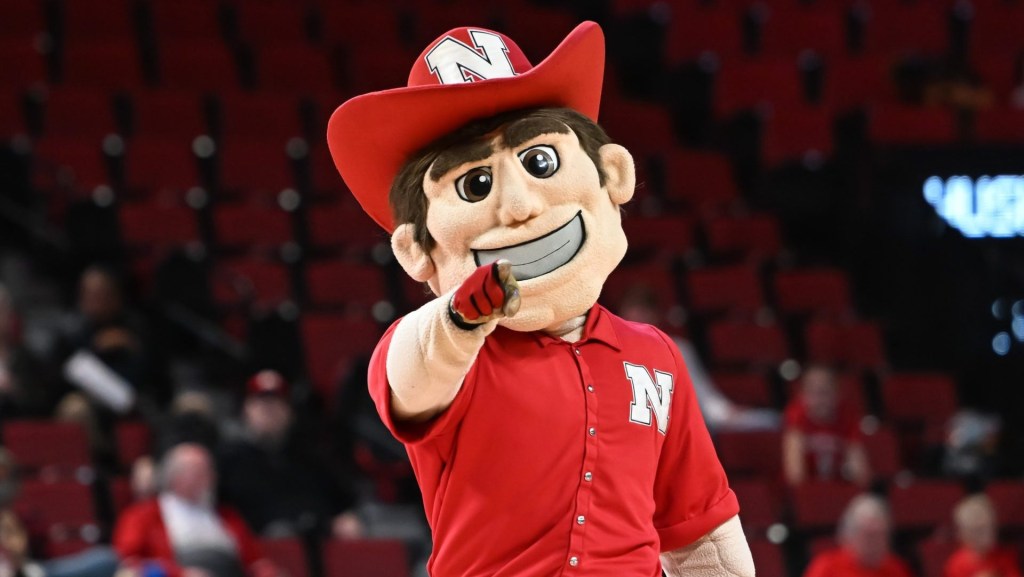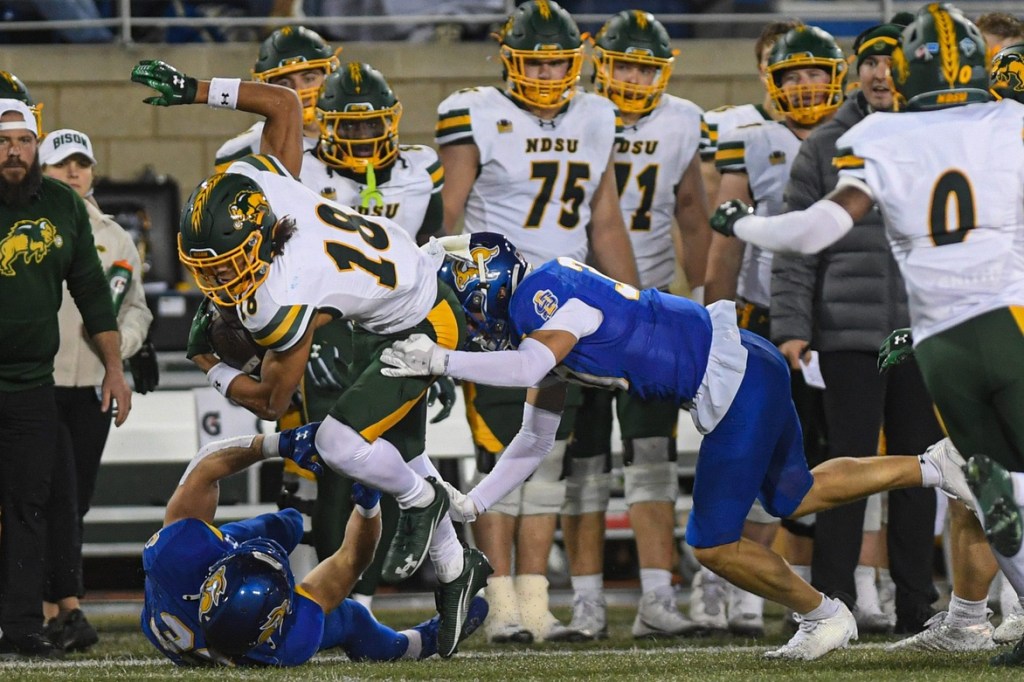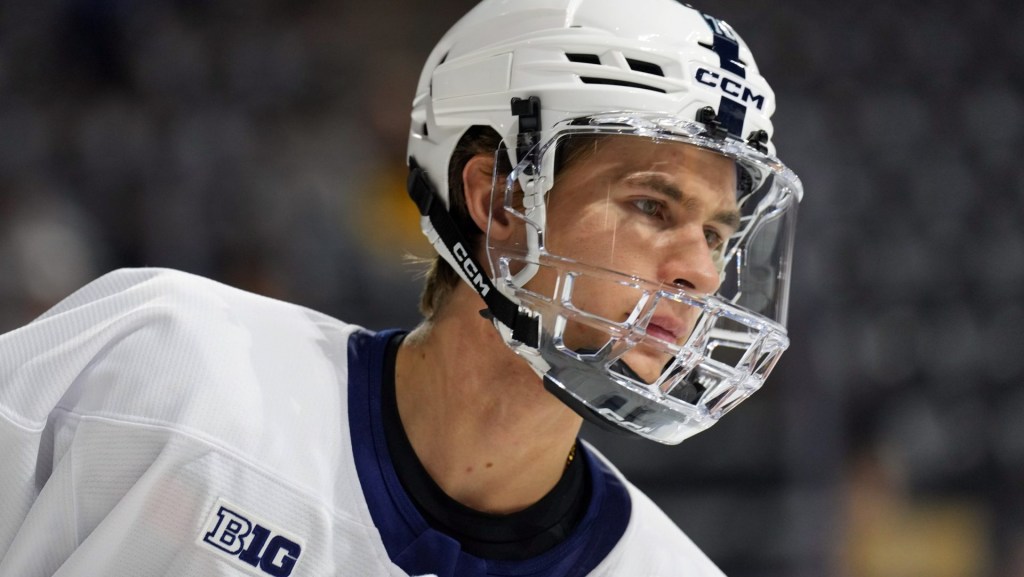By: Adam White, @FOSAdam

Front Office Sports is proud to have sat down with Lisa Champagne, Director of Athletic Communications at the University of Vermont. Lisa, a former Irving T. Marsh University Division Award winner has had a great journey through sports beginning with a position that only paid her $4,000 for the entire year. Although her abilities and skills have steadily moved her up the ladder, she credits a lot of her success to the incredible mentors she has had along the way. She was gracious enough to offer up her time and insight into the world of collegiate communications, why you have to be proactive to be successful in this industry and why the rewards of the industry outweigh the demand.
From Quinnipiac to the University of Vermont, what has your journey been like thus far?
It has been a good journey with a lot of hard work, but rewarding and enjoyable work.
My first position at Quinnipiac was as a GA. It paid $4,000 a year and I lived at home with my parents and commuted an hour each way, but I knew it was what I wanted and I had to take opportunity when it was available. Bill Chaves, now the Athletic Director at Eastern Washington University in Cheney, Washington, is one of my mentors. One of the best things he did for me was to go on his honeymoon two weeks after I started. He left me in charge of all the duties. It was overwhelming to think about it, but I was able to perform all the duties needed and it gave me so much confidence.
From there, I went to Saint Michael’s College in Vermont where I got my first full time job. I have another great mentor in Chris Kenney, who as of July 1 will be the Athletic Director at the college. At Saint Michael’s, I was a one-person shop for 27 sports, but that allowed me to hone my skills.
I couldn’t have asked for a better foundation for my career as I moved on to the University of Vermont. I was an assistant for six years before being promoted to my current position as the director of athletic communications.
You’ve been in communications now for 21 years. What drew you to this part of the industry and what has kept you there so long?
Sports have always been a part of life. I was a three-sport athlete in high school and then I played on both the softball and basketball team at Southern New Hampshire University. I got involved with the athletic communication/sports information side of college athletics during my freshman year of college when I go to know our SID Tom McDermott. I left the basketball team after my freshman year and went to work for him in his office and was able to learn a ton from him and he became a true mentor to me. He gave me the fundamentals needed to move on after college.
If you could name a defining moment in your career, what would it be and why?
A defining moment for me professionally was in 2005 when our men’s basketball team defeated Syracuse in the NCAA Tournament. I was lucky enough to be there and witness what it meant to the state, the fans, and the entire university. It was a very special moment for the University of Vermont.
A defining moment for me personally was back in 2013. I was honored with the Irving T. Marsh University Division Award given out by ECAC-SIDA. I had no idea that I was even nominated for the award until I got a call in February telling me I had won and was going to be honored later that year. It was truly a humbling experience because all of the people that won the award before me are people I look up to in this field.
Finish this sentence “One thing students must remember is..”
That your audience is bigger than you think it is. Especially on social media, people are watching everything you do/say.
What is the biggest mistake you see students making when they are trying to break into the industry today?
Don’t wait until your senior year to start exploring opportunities. Look on your own campus and work for your athletic department or look within your own community and find an opportunity. The earlier students can start taking advantage and learning about the world of athletics the better off they will be. Starting early allows students to determine what you like and don’t like.
Take every opportunity to volunteer and be a go-getter. No job is too small.
Average day?
No day is the same. I will come in with a to-do list and that will all go by the wayside if something else comes up. There is always something going on or something to be done and it always keeps me on my toes.
What are three things students should expect to be faced with when working in sports?
Be ready for long hours, working nights and weekends, it’s not a 9–5 job and it’s pretty demanding, but it can also be very worthwhile and satisfying.
Although we are all fans of the teams or universities we work with, you can’t let the fan inside you come out when you are in a professional setting. We all want our schools to win and the student-athletes to do well, but as an SID you’ve got to remain composed so when that big play happens or the big win comes along you can help describe it to everyone else.
Parting wisdom?
You have to have the right attitude. It isn’t just a career it is a lifestyle. If you really want to work in sports it is a career you have to want to be in.
We would like to thank Lisa for her time and insight! We wish her all the best in her future endeavors!
You can connect with her on LinkedIn here or follow her on Twitter here!


